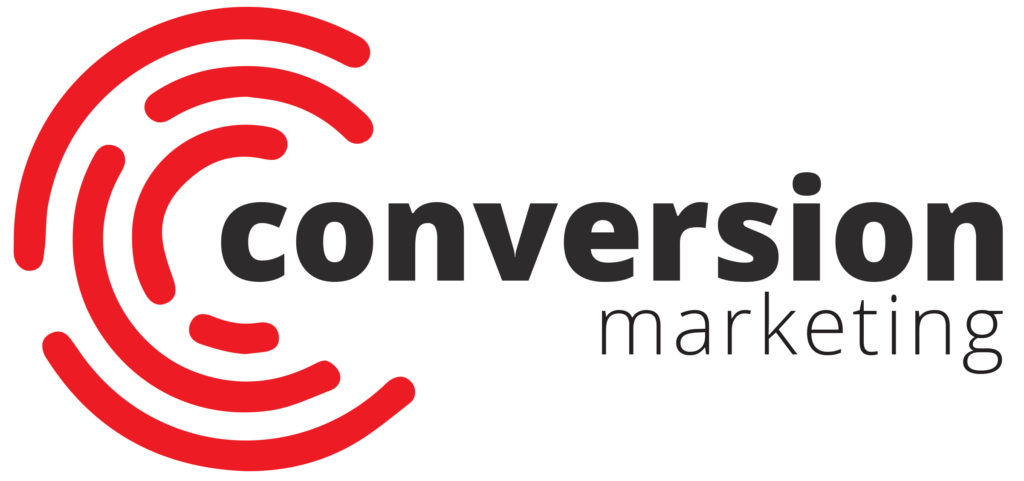No matter how you get your auto insurance leads, you need a communication strategy. Every decision is a chance to make or break it. And as with any kind of marketing, you need to find the right balance between too aggressive and too timid. We’ll look at effective ways to start a conversation that matters.
Start with the Right Leads
This is probably the most important part of the communication process. And while you might also (reasonably) call it the most obvious, you’d be surprised at how often leads are ultimately useless to a company. Switching your auto insurance isn’t like buying a new brand of toothpaste. Crest isn’t going to dig out the terms of your contract if you switch to Colgate. If you’re going to lead people doing a path where they eventually have to give you their VIN and driver’s license number, you need to make sure it’s worth both of your time.
Have a Dialog
Selling is supposed to be about give and take, but the wrong salesperson will lean far too heavily on one or the other. Whether you reach out via email, phone call, or text message, the point is to get a dialog rolling. In an age of voicemails and junk emails where somehow no one is available, the last thing an employee needs is to make things any more difficult for themselves.
A real conversation usually begins with getting questions answered, so the salesperson doesn’t stray off track. Most people want to change insurance companies because they can’t get their questions answered in a timely manner or because they want to save money. Sometimes, they feel ignored by their current insurance company. They feel that they get a lot of communication about their bills and very little about matters they care about. If the salesperson is busy pushing another agenda, it will quickly cause the customer to tune out.
Of course, some insurance leads aren’t changing insurance companies at all — they’re new drivers choosing one their very first one. New drivers are high-risk, but they’re also high-reward. The loyalty you build with them can be enough to generate years worth of near-guaranteed revenue. When a salesperson talks to them, their messaging needs to be very different from that of a 30-year veteran on the road.
Stay on Top of Trends
Your marketing strategy has to be ready to change on a dime, which means that even the best spiels may need to be ready to go the way of the dodo. For instance, when the pandemic hit, people stopped driving their cars as much as they used to. They might have looked at a car sitting in a fortified garage and wondered why they were paying to insure it. If an auto insurance company was reaching out to leads during this time and using a script that was written five years ago, it would only frustrate someone dealing with today’s challenges.
Trends can also give you a better way to understand how people want to talk. There may be people who prefer phone calls, even if they originally signed up online, whereas some will want to be email or texted only. It’s important to pick up on what people are requesting, particularly if the auto insurance company has a demographic that targets a specific demographic (e.g., drivers over 50, parents getting their teens insured, etc.). This can help decision-makers map out different tactics based on who the new leads are.
Remember Your Numbers
The truth is that leads are a numbers game and that there’s something to be learned from every number. If you contact 200 leads in a row and none of them goes anywhere, it’s a sign your lists aren’t very good or that your messaging needs to change. Ultimately, you need to keep going to get all the data you need to understand the bigger picture.
How you talk to people depends on who that person is, what they want, and how external forces are shaping their daily routines. You can make generic statements, such as Baby Boomers will want a phone call while a millennial only looks at their email, but the truth is more complex than that. A true connection with leads takes an effort and understanding that results in more effective protocols and policies.
Taking the First Step
The good news is that there are ways to give yourself an advantage over the competition, so you spend less time talking to people who were never going to change their auto insurance policies in the first place. Conversion Marketing specializes in finding people who have a genuine interest in finding a better carrier.
From a junk car to a McLaren and everything in between, most people don’t understand very much about insurance policies. They know they have to meet a certain level of coverage or they risk getting into legal trouble, but their knowledge often ends there. Premiums become just another bill they have to pay rather than a policy that should be changing alongside the driver’s habits and lifestyle.
It’s only when something goes wrong when most people figure out they bought the wrong policy. A lead is a chance to go over these details before anything happens and help prospective customers understand why certain companies are just better at handling claims (billing, communications, etc.) than others.
Conversion Marketing can help you find people that will actively respond to your messages, so you can expand your customer base. We can’t tell you how to structure your policies or which incentives to offer, but we can bring you prospective customers who are more likely to listen to what you have to offer. If you’re interested in where we find our leads and how we customize them for our clients, contact us today to learn more about our auto insurance lead services.


